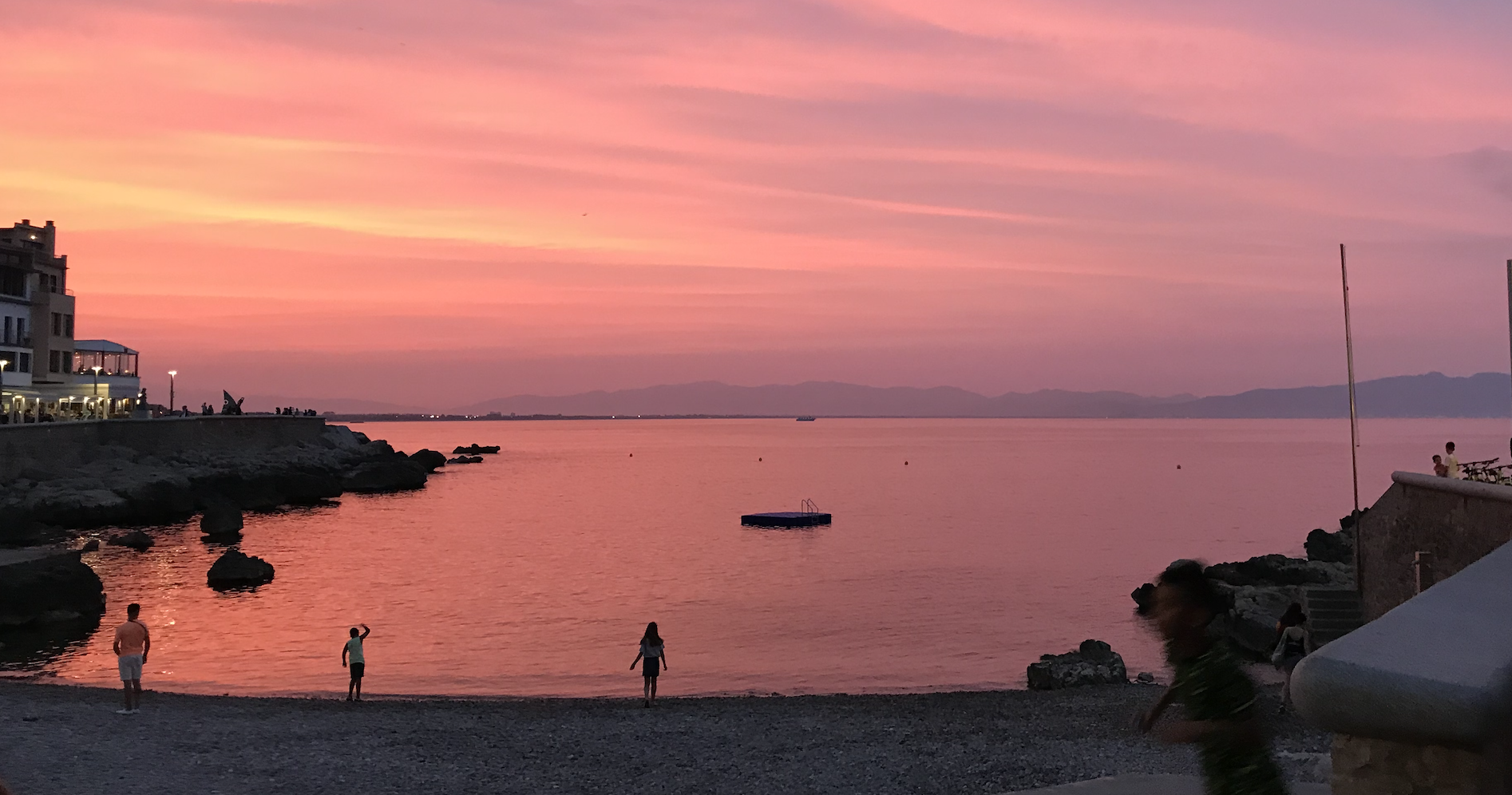
Celebrating Earth Day in the era of COVID-19 has a special meaning this year. The magnitude of deaths and illness from the pandemic has brought our entire planet to its knees–as though our lives reflect our besieged planet calling out for our mindfulness.
This Earth Day we are healing our planet. Unintentionally as it may be, the near shutdown of our world has left our skies, streets, and highways with fewer cars and planes–drastically decreasing our carbon emissions and jet fuel.
We are breathing a bit easier. As is our planet, with arteries flowing, clean, congestion-free devoid of polluting emissions.
COVID-19 has united our world as one people, one planet irreplaceable, fighting one common enemy. Our schism and divides have narrowed. Countries are reaching out to each other, sharing knowledge, information, supplies, and specialists.
Yes, major events, meetings, weddings, reunions and more are cancelled or rescheduled. Yes, millions of students’ education is interrupted (but mostly gone online). Yes, the financial losses are beyond exorbitant. Yes, there are hundreds of thousands of lives lost. Yes, thousands have lost livelihoods – jobs and futures.
But the silver lining amidst this grief–with our world at a stand-still, and the heroism of our frontline healthcare soldiers fighting a deadly war with depleting tools and weapons–is that COVID-19 has given our planet a much-needed respite. We have a glimpse of nature’s ability to recover and reset.
Just a month ago our world couldn’t have imagined such unprecedented measures as:
- Some 53 airlines suspending or severely reduced flights.
- A global ceasefire by UN General Secretary Antonio Guterres while we fight for “our lives.”
- China’s efforts to contain the coronavirus, reducing 15 to 40% output across key industrial sectors. As Jonathan Watts, The Guardian’s global environment editor said, “If this trend continues, analysts say it is possible this will lead to the first fall in global emissions since the 2008-09 financial crisis.”
- A tourist-empty Venice having clean canal waters with swimming fish – dolphins in the port of Cagliari, ducks in the fountains in Rome.
- Residents of Iran’s capital city, Tehran breathing clean, pollution-free air–a phenomenon a Tehran-based artist says hasn’t been for over 40+ years.
- Square payment offering a local business directory, giveandgetlocal.com, allowing its customers to find and support Square businesses in their community.
- Some 2,500 museums and galleries worldwide, offering virtual tours and online collections on Google’s Arts & Culture pages.
- PBS allowing streaming of Broadway Musicals.
- The Metropolitan Opera offering nightly opera streams for free.
Let’s face it, our “social distancing” is just fanning our email, group text, WhatsApp chats, Facetime, and #WFH (working from home). Most of us are well-versed in online communications with colleagues, family, friends and neighbors–and online meetings on Skype or Zoom. Online business meetings are actually more productive–so long as our kids don’t join our meetings. But we’re not wasting our lives stuck in crowded, smelly subways, or commuter traffic. We don’t have to fight for a parking space while stressing about being late to a meeting.
Taking refuge into our homes to work, to live, to remain contained has reunited families–we’re eating together once again. We’re finding old-fashion entertainment sources, reconnecting with our children around game boards, dusting off musical instruments, going on long walks, hovering over stoves to cook together. Refusing to cancel meetups with friends, we’re taking it online to cheer over drinks and appetizers on Zoom.
And yes, many families are separated to prevent health risks to their elderly–leaving countless totally isolated and lonely. Yet communities are rising, helping neighbors who live alone. We’re checking in online with friends, family and colleagues–worldwide. We are reestablishing lost ties. We’re joining neighborhood groups online to help collect funds to provide meals for kids out of school going hungry. We’re sharing stories we’ve been too busy to find time to tell. We’re up-learning online and reconnecting with our inner self, contemplating, reflecting upon our inner strengths, testing our endurance and stresses of isolation, income loss and a clear future.
As I take refuge in my home isolation, happy to have time to catch up with some reading, I stop to reflect upon a line in Amor Towles’ A Gentleman in Moscow –“But every period has its virtues, even a time of turmoil.”
On the other side of COVID-19, our world will find and learn from those virtues. And like the poem “And the people stayed home” by the retired teacher, Kitty O’Meara from Madison, Wisconsin says, we will think differently, “grieve for the dead” dream of new visions and create new ways of life to heal our world just as humans “were healed themselves.”

